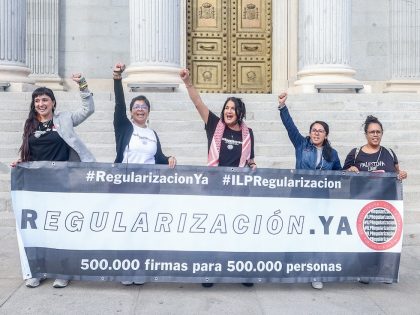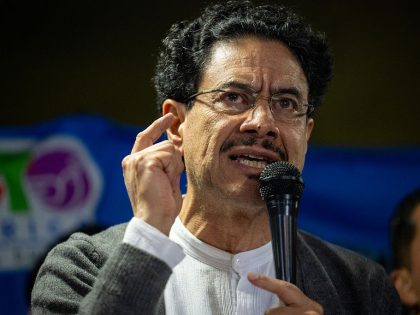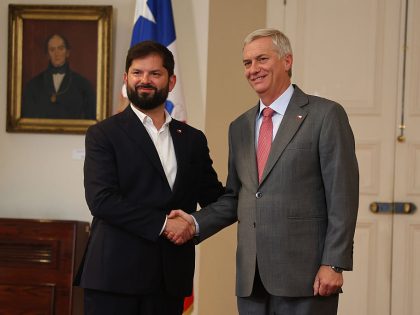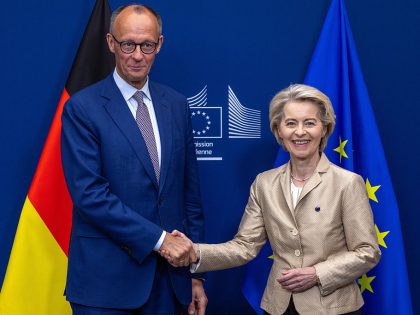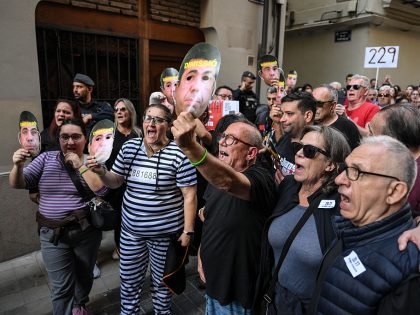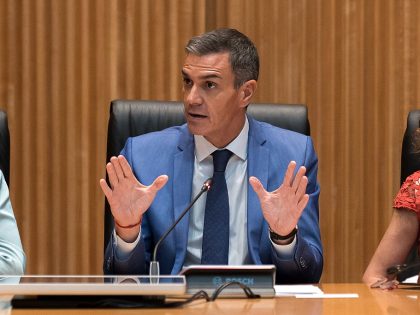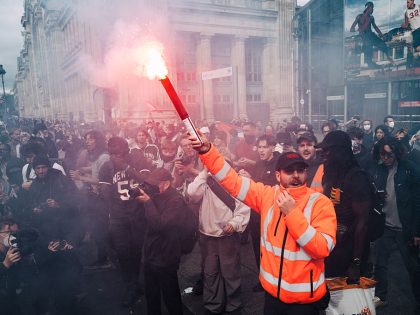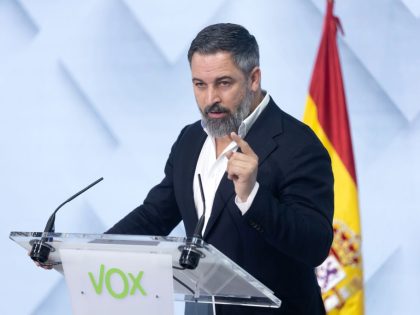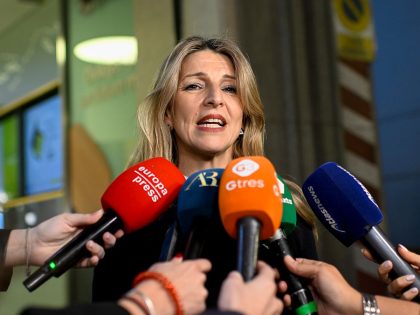
Spain’s Radical Left Is in Trouble but Not Defeated Yet
In Spain, labor minister and Sumar leader Yolanda Díaz says she won’t run for office again. Yet while she is stepping aside, there are also growing calls for a united left-wing front to fight in next year’s general election.
